In a controversial move that has stirred legal battles and international attention, the US administration under President Trump deported another batch of alleged gang members to El Salvador. This recent deportation involved 17 individuals with reported ties to notorious gangs such as Tren de Aragua and MS-13. Among them were a mix of Venezuelans and Salvadorans, adding a complex layer to an already intricate situation.
< h5>Legal Battles and Controversies
The deportations took place amidst legal challenges over sending individuals to El Salvador’s supermax prison, raising concerns about human rights violations and due process. A court had previously halted deportations under the Alien Enemies Act, an obscure 1798 law typically reserved for wartime scenarios. Despite this, reports indicated that the recent removals were executed under more general immigration regulations.
< h5>Political Statements and Reactions
US Secretary of State Marco Rubio emphasized that the group comprised individuals labeled as
“murderers and rapists,”
without providing specific details or convictions. In response, Salvadoran President Nayib Bukele shared a video depicting the arrival of shackled men, asserting they were all confirmed violent offenders linked to serious crimes like murder and child rape.
President Trump echoed these sentiments on social media, attributing responsibility for the deportations to his predecessor’s administration while applauding President Bukele for cooperating in combating organized crime. The exchange between leaders highlighted the political tensions surrounding immigration policies and cross-border security efforts.
< h5>Humanitarian Concerns and Legal Challenges
Critics raised alarm about potential rights violations and lack of proper judicial procedures in handling deportees with alleged gang affiliations. Families of those sent to maximum-security facilities denied any gang connections, underscoring the complexities of distinguishing between actual threats and wrongful accusations in deportation processes.
Following these events, advocacy groups like the American Civil Liberties Union intervened through legal channels to challenge what they deemed as unconstitutional practices in denying immigrants their legal rights during deportation proceedings. The evolving legal landscape added layers of uncertainty regarding the treatment of migrants with criminal allegations across borders.
As debates continue over balancing national security imperatives with human rights considerations in dealing with alleged gang members through deportation measures, questions linger about the efficacy and ethics of such strategies amid global migration challenges.
Stay tuned for further developments as this ongoing saga unfolds its implications on immigration policies and transnational security dynamics.



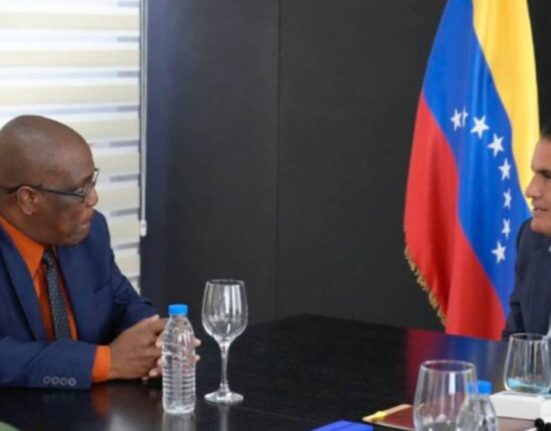
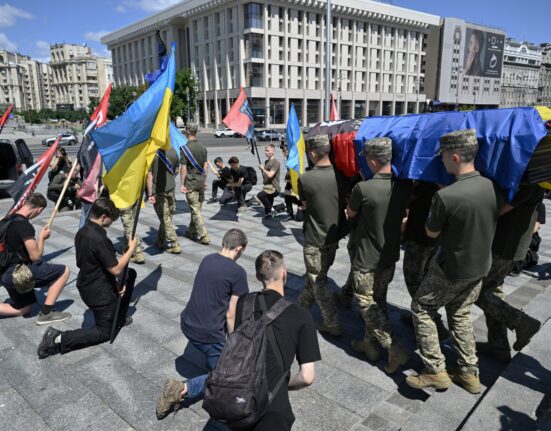
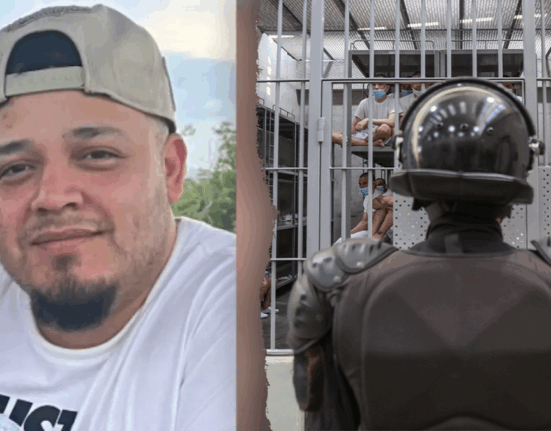

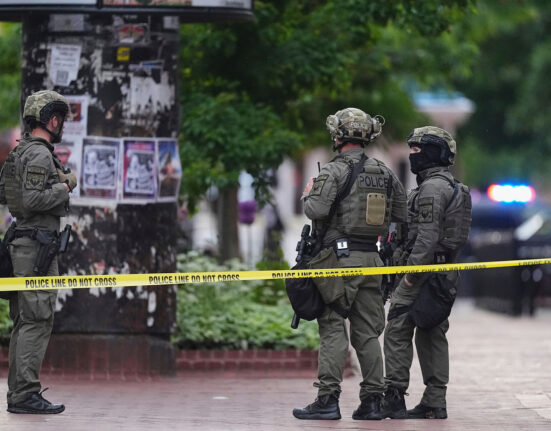
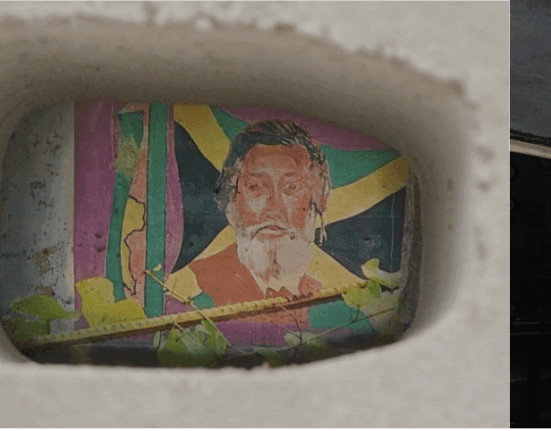
Leave feedback about this